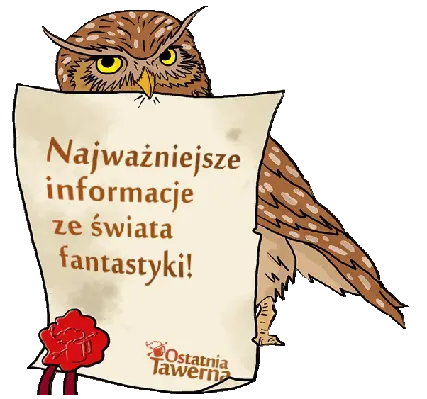Wells’s novel is mainly the account of Edward Prendick, who, after the crash of his ship, is saved by Dr. Montgomery and brought to the island owned by the mysterious Moreau. At first, the weakened and confused survivor quickly discovers just how gruesome experiments the title scientist is ready to go, in pursuit of his own ambitions. Namely, wild animals undergo a series of operations without any anesthesia, even vivisection – all in order to turn them into humans. The Beastmen created in this way are incomplete creatures. It can be said that they are stuck in a kind of limbo, with the God-Moreau, whom they both worship and terrify them. And this leads to the inevitable – the rebellion of distorted creatures and the rejection of the laws that govern their sad life.

The essence of humanity
Wells in The Island undertook a discussion on the state of contemporary society and the boundaries that people, as moral beings, should not cross. In the midst of just emerging Darwinism, more and more practiced vivisection, and growing eugenics, his book spoke of the more humane side (at least for the time). He noticed that there are differences between humans and animals that we will never be able to eliminate, but these creatures feel, suffer and are dear to us just as much. Therefore, one should not play God and at all costs, at the cost of other beings’ lives, push forward. This polemic, at a time when the issues of bioengineering and genetics were just emerging, is also very relevant today. We know cases of radical interference in the human genome, leading to both great discoveries and gross violations (by unscrupulous scientists, such as attempts to clone humans and genetically modify living creatures). Wells’ vision is highly pessimistic, but also prophetic in many respects. For we are at the mercy and disgrace of large pharmaceutical corporations, and many of them pursue not so much the improvement of the quality of life of others as profit and ambition, and do not hesitate to take risks.
The Briton’s novel can also be read on a metaphysical level. He seems to be asking the question about the limits of humanity. He emphasized that we all come from the animal world and only thanks to the imposed laws – be it the Decalogue or the rules of society – we are able to somehow control the deeply hidden wildness, which, however, we cannot completely get rid of.

This island is beautiful
The story of Moreau and his experiments has been re-released this year in a beautiful, refreshed edition from Vesper. The atmosphere is provided by the sepia cover itself. Inside it is even better, because it contains original illustrations from the beginning of the 20th century by Giuseppe Garibaldi Bruna. Another advantage is the new translation – appropriately styled, but updated. The translator did a good job. The MPs by Mirosław Gołówński should also be praised, as he outlines the context of the island’s creation a bit more broadly, as well as its influence on numerous works of culture: from literature, cinematography to games. More editions like this!
Is it worth going to the island of Moreau?
In my opinion – absolutely! The book may not be particularly thrilling today; a lot of themes contained in it appear in the broadly understood pop culture and as I read, I had a thought: I have already seen / heard it somewhere. However, it is worth reaching for the position that started these considerations and learn about the predictions in relation to biological development and the approach to humanity and morality in the nineteenth century.

